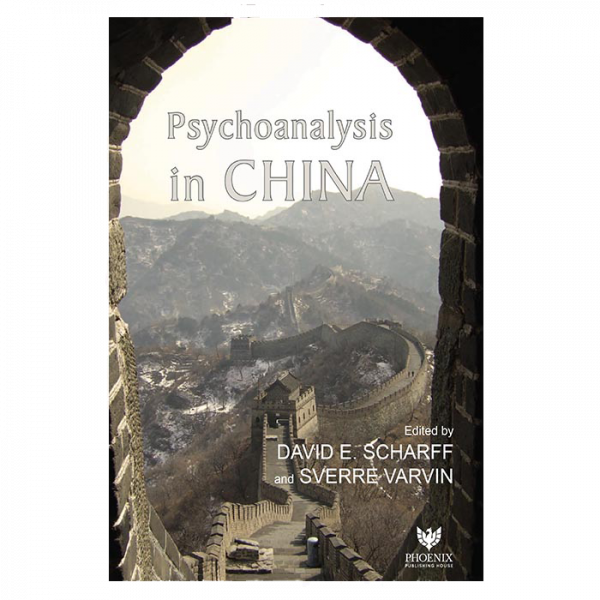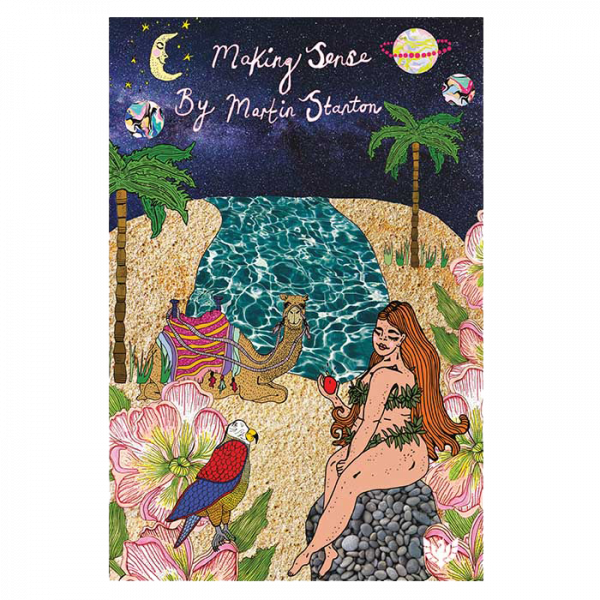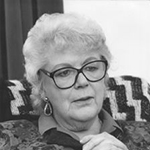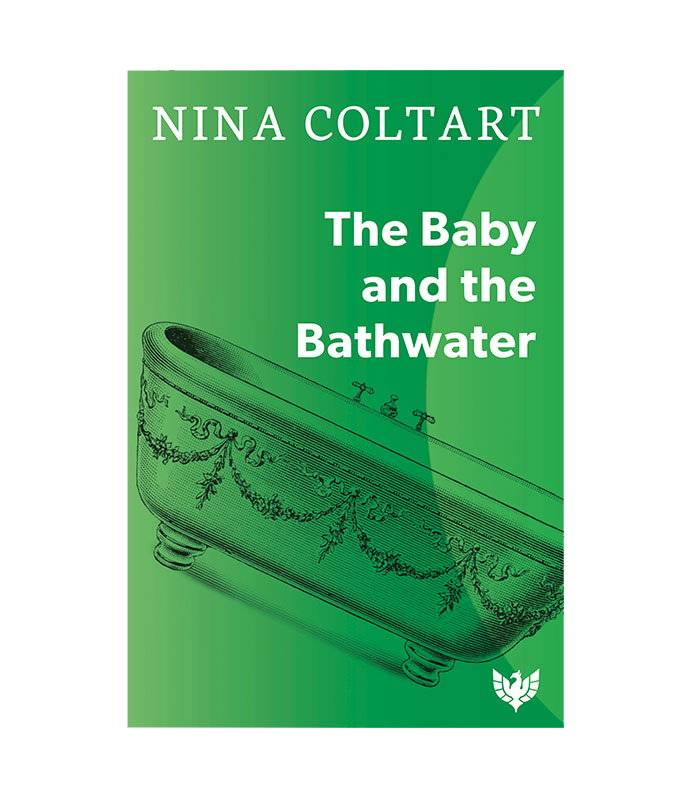Whether you’re looking for answers, would like to solve a problem, or just want to let us know how we did, we are always happy to hear from you.


The Baby and the Bathwater
Author: Nina Coltart
£18.89 – £28.99Price range: £18.89 through £28.99
Nina Coltart’s final book is an inspiring collection of classic papers that embody the practice of English psychoanalysis in the independent tradition. Containing wisdom to be enjoyed and reflected upon for the trainee and experienced practitioner alike. This reissue of a classic work contains the original foreword from Christopher Bollas and a brand-new foreword from Dr Philip Kime.
*Special offers* We are offering the following fantastic deals for fans of Nina Coltart’s work: buy all three print books together for £50! That’s a saving of £21.97! Or if you’d rather have the e-books, it’s £37.78 – a saving of £14.39. Or, if you’d like them all in both formats, take advantage of our special ‘bundle’ deals and buy all six for £60.00 – a saving of £19.97! Just place them all in your basket and the discount will be taken automatically.
Take a look at her other two classic books: Slouching towards Bethlehem … and Further Psychoanalytical Explorations and How to Survive as a Psychotherapist
| Author |
Nina Coltart |
|---|---|
| ISBN |
9781912691517 |
| Format |
Paperback, e-Book, Print & e-Book |
| Page Extent |
192 |
| Publication Date |
November 2020 |
| Subject Areas |
Counselling, Psychoanalsis, Psychotherapy |
About the author
 Nina Coltart was “one of the most admired and liked psychoanalysts in Britain. For 35 years she was an active member of the British and international psychoanalytic community and she played a major role in extending the influence of analytic ideas outside that world.” (A. H. Brafman, “Obituary: Nina Coltart”, Independent, 18 August 1997)
Nina Coltart was “one of the most admired and liked psychoanalysts in Britain. For 35 years she was an active member of the British and international psychoanalytic community and she played a major role in extending the influence of analytic ideas outside that world.” (A. H. Brafman, “Obituary: Nina Coltart”, Independent, 18 August 1997)
She was born in London in 1927 and passed away in Leighton Buzzard, Bedfordshire in 1997. She read Modern Languages at Somerville College, Oxford, but went on to train as a doctor, qualifying in 1957 at St Bartholomew’s Hospital. After qualification, she worked as a psychiatrist but found more interest in her patients’ emotions and experiences than medical conditions. Thus, in 1961, she set up in private practice as a psychotherapist, concurrently training as a psychoanalyst with the British Psychoanalytical Society. She qualified in 1964 as an associate member, became a full member in 1969, and a training analyst in the Independent Group in 1971.
A dynamic representative of the international psychoanalytic community, teaching and lecturing and also helping to administer various psychotherapy trainings, Dr Coltart went beyond the usual confines to bring analytic ideas to the wider world. She taught extensively for the British Society on a series of courses, especially those concerned with questions of assessment and analysability. She built up an extensive consultation and referral service, concentrating on diagnosis and assessment for analytical therapy and for psychoanalysis. From 1972 to 1982, she was Director of the London Clinic, which interviews and assesses potential training cases for students of the British Society. She was Vice-President of the British Society and Chairman of its Board and Council from 1984 to 1987. She retired in 1994.
Dr Coltart published numerous papers in psychotherapy journals and three books: Slouching Towards Bethlehem… And Further Psychoanalytic Explorations (1992), How to Survive as a Psychotherapist (1993), and The Baby and the Bathwater (1996), which will all be reissued by Phoenix in October 2020.
Contents
Foreword
1. The man with two mothers
2. Why am I here?
3. Two’s company, three’s a crowd
4. Handling the transference
5. A philosopher and his mind
6. Blood, shit, and tears
7. “And now for something completely different…”
8. Buddhism and psychoanalysis revisited
9. Endings
10. The baby and the bathwater
References
3 reviews for The Baby and the Bathwater
You must be logged in to post a review.



David E. Scharff, M.D –
Nina Coltart’s The Baby and the Bathwater is a clear water flowing gently over rocks. Her observations of a career in psychoanalysis span more than thirty years of writing, showing us how the ends of her professional development were contained in the beginnings, and showing us how this was so in detail through her wonderful prose. From the specifics of clinical histories and experiences through her long and interesting career to the chapters on spirituality and philosophy – both personal and clinical examinations of philosophy – she demonstrates the powers of a penetrating mind. Trained at Oxford, Coltart has moved both within and beyond the constraints of several traditions – medicine, psychoanalysis, Christianity, Buddhism – to give us the rarest of gifts – an independent mind. This is a book for the novice because it will give them inspiration and courage to begin, and a book for the war-weary veteran psychotherapist and psychoanalyst because it is rejuvenating. If you want a fresh wind in your therapeutic sails, read this book!
Amazon review: Mrs Angela M King, August 2001 –
5/5 stars: A delightful read full of colourful clinical examples
I really enjoyed this book partly because of the no nonsense way in which it is written and put together, but also because it brings all aspects of what goes on in a therapeutic relationship into focus in a very readable way. This is not a book that tries to teach basic concepts but it is one that gives an insight to the human element in psychoananlytic work.
Amazon review: Eileen G, April 2000 –
5/5 stars: Recent essays from a remarkable career
Nina Coltart was a remarkable independent and able training analyst, teacher, and respected administrator at the (British) Institute of Psycho-Analysis for more that twenty years. She has written that since childhood, the thing she loved most was “listening to people telling me their stories.” Her intense and fruitful intellectual engagement with her work was well known, and was matched by her commitment to her patients – their hearts and minds as well as their “stories.” She specialized in, but was not limited to, consultations for diagnosis and assessment, and was renowned for her skill and sensitivity in referring more than 3,000 patients to especially suitable practitioners. In addition, she had read Modern Languages at Oxford at a young student – medicine came later – and so is a writer for whom the whole world is (sometimes) just barely big enough. All but one of these clear, well-organized essays were written in the past several years. In them she details her various philosophies and opinions, and offers compassionate, insightful, and sometimes thrilling stories from her clinical practice. (She successfully treated one patient with ulcerative colitis with psychotherapy.) She includes – and lovingly explains – many of her personal, relevant, and very interesting opinions. She illuminates her interest and commitment to Buddhism, and its helpfulness to her professional work, in “Buddhism and Psychoanalysis Revisited.” In “Endings,” her topics are death, the difference between worry and concern, termination of the analytic relationship – and much more. She notes, not insincerely, that one of the worst things about her own death will be her inability to write about it afterwards.
This is a fine collection which anyone with an interest in psychoanalysis will find valuable and pleasurable.